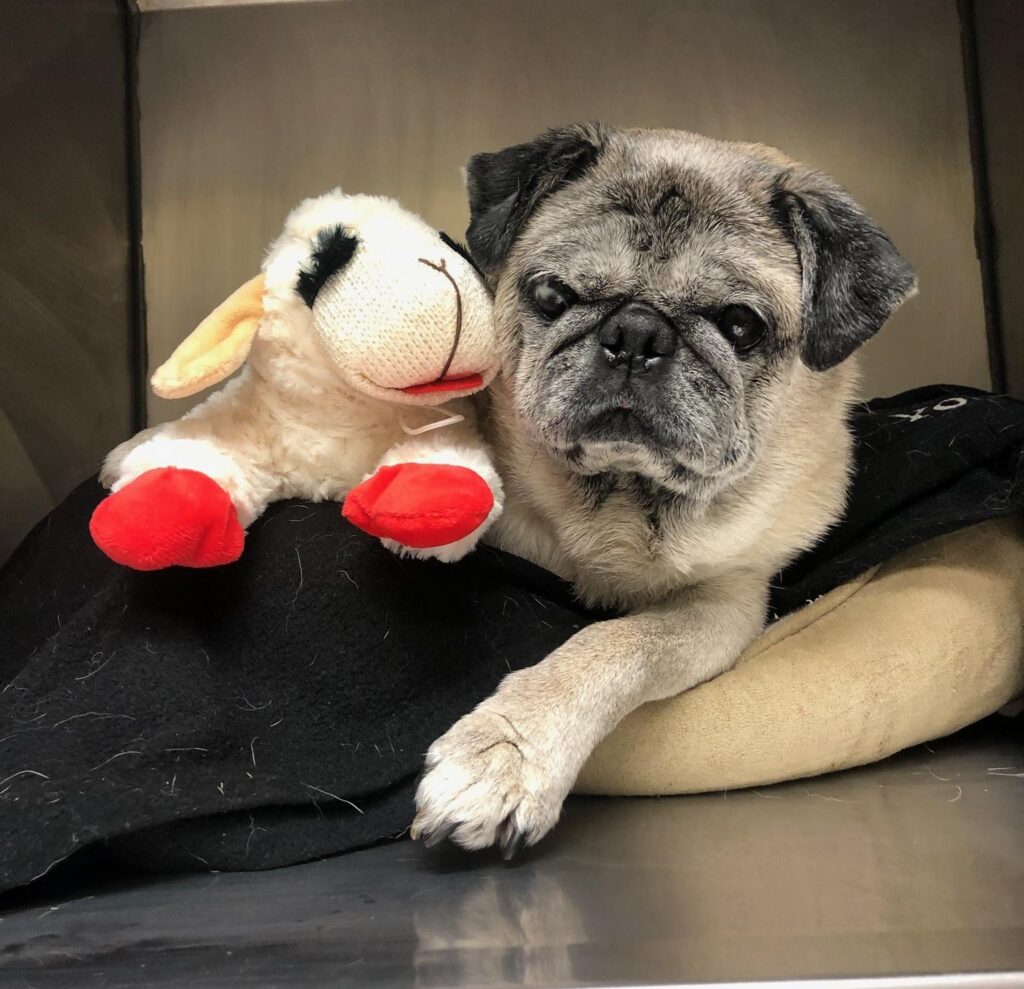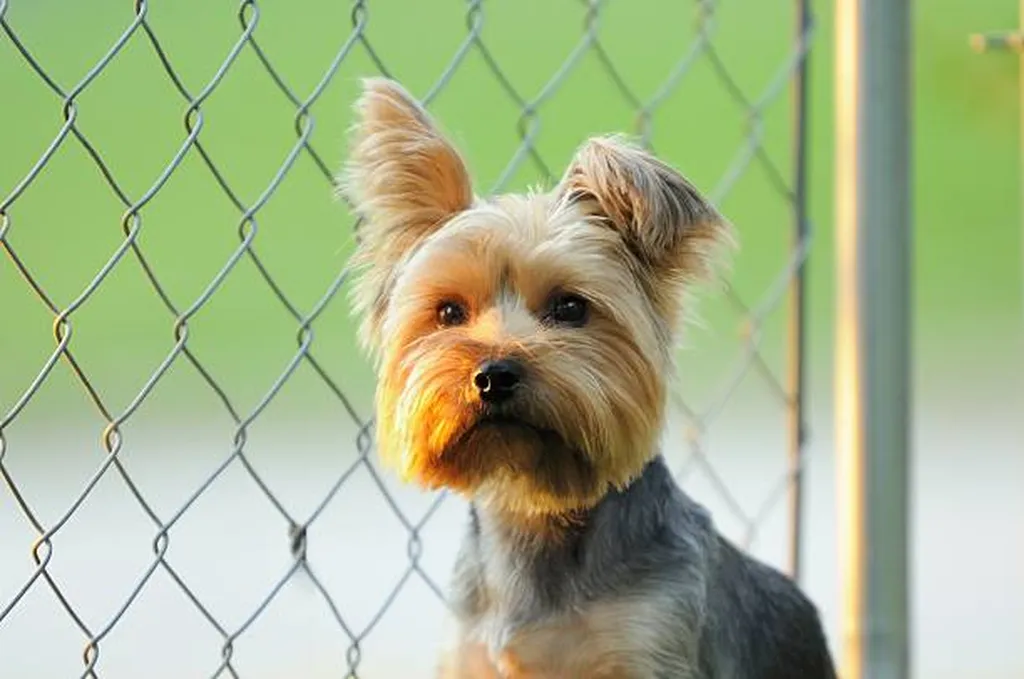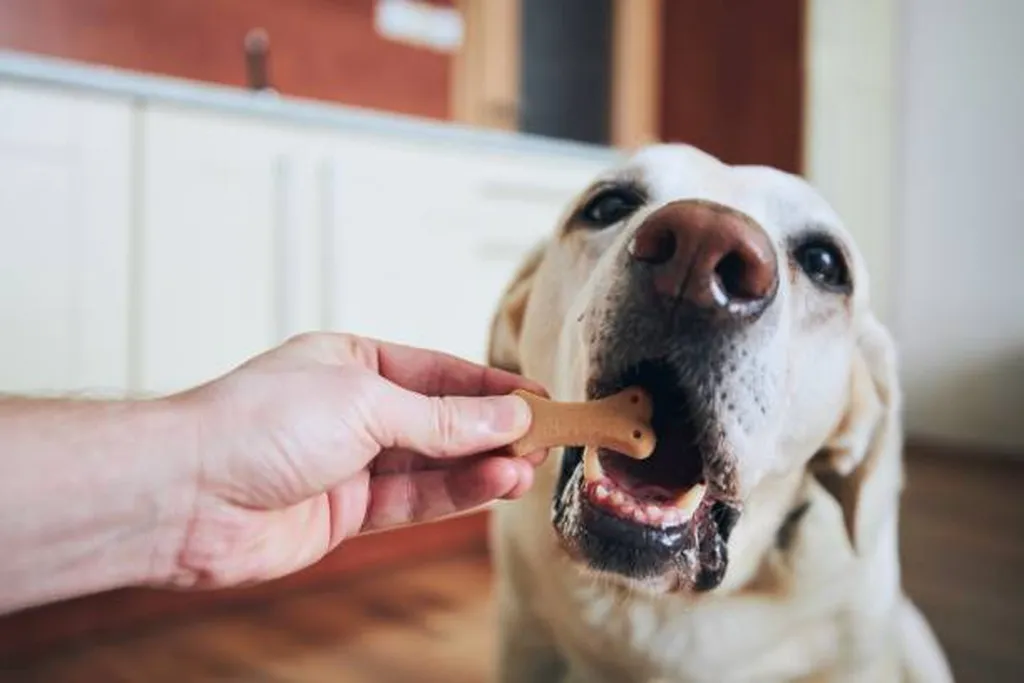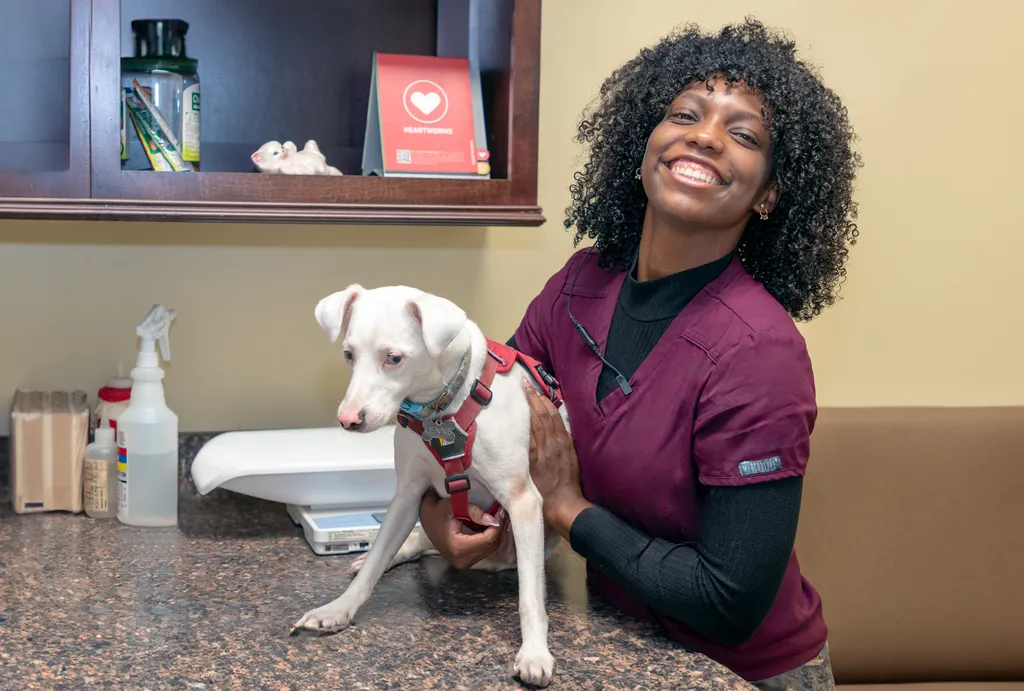The trajectory of a cat in mid-flight is beautiful to behold. Mighty legs, physical acuity, and an astonishing visual sharpness are downright impressive, but unfortunately, this is not a system that’s designed to last forever.
As a result of modern veterinary advances and involved, well-educated owners, senior cat health has improved significantly over the years. It’s not uncommon for the life of a domestic feline to span two decades, and your senior cat could have many years of leaping, jumping, and pouncing ahead of him or her. However, it’s important to be aware of common challenges related to aging in senior cats.
The Timeline
Every cat is different, but we start seeing general indicators around age seven. While it’s not unusual for cat owners to skip annual wellness exams (Fluffy hates her carrier or hides when it’s time for an appointment), it’s important for us to see your kitty while he or she is healthy. Aside from the fact that we love being in your cat’s company, healthy visits also provide us with a working knowledge of your pet’s health, so we can establish a baseline for the future.
What to Expect
If your cat is accustomed to yearly visits, he or she can look forward to one more per annum. This allows for the comparison of any necessary diagnostics, dental care, and the analysis of changing nutritional needs.
Another major component of senior pet care is disease prevention. Catching serious health problems early allows for a better prognosis and a longer life. Common age-related conditions include:
- High blood pressure
- Lung disease
- Kidney disease
- Cancer
- Thyroid disease
- Retinal disease
- Cognitive disorders
- Arthritis
- Diabetes mellitus
- Inflammatory bowel disease
- Dental disease
- Constipation
Preventing (or early detection) of disease can save the life of your senior cat and eliminate the need for painful, expensive treatments later.
Senior Cat Care
There are some tell-tale signs that your senior cat needs medical care. Keep an eye out for the following symptoms:
- Vision or hearing loss
- Sleep changes
- Weight changes
- Reduced skin elasticity
- Lowered tolerance for stress or stimulation
- Loss of smell
- Brittle nails
- Changes in litter box habits
- Digestive issues
- Increased vocalization or unusual cries
- Respiratory distress
Changes, Changes
We love supporting the health of your senior cat and hope you contact us with any questions or concerns. Don’t forget, we’re also available for emergency situations and offer home delivery of prescription food and medications.
Cheers to your senior cat! May he or she continue to scale new heights and astound you with unconditional love!



